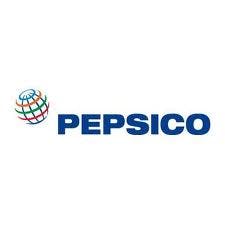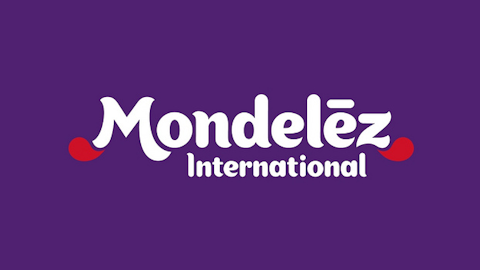Financial results released in the recent quarters by two titans in the food and beverage industries, and a bold proposal by activist investor Nelson Peltz, have made it crystal clear that the snack market is considerably outperforming the soda market. This fundamental trend could have a major effect upon these massive companies, as well as the entire snack and soda industries.
What Has Happened
On July 17, Peltz, owner of Trian Partners, proclaimed that PepsiCo, Inc. (NYSE:PEP) should acquire the snack maker Mondelez International Inc (NASDAQ:MDLZ) at the prominent Delivering Alpha 
A confirmation of Peltz’s fears regarding altering consumer preferences came when another titan in the space, The Coca-Cola Company (NYSE:KO), reported its second-quarter financial results. The company reported a profit of $2.68 billion, or $0.59 per share, compared to $2.79 billion, or $0.61 per share, for the same quarter last year. Worldwide unit case volume climbed only 1%, with The Coca-Cola Company (NYSE:KO) largely citing Americans’ reduced soft-drink consumption for the weak performance.
On July 24, PepsiCo, Inc. (NYSE:PEP) reported its own second-quarter financial results. The company earned $2.01 billion, or $1.31 per share excluding items, up substantially from $1.49 billion, or $0.94 per share, in the second quarter of 2012. That previous quarter was weighted down by one-time charges regarding expanding distribution in China.
This time, Pepsi’s reported earnings shattered analyst estimates — even though the Americas beverage unit remained a significant drag on the overall company. In contrast, PepsiCo, Inc. (NYSE:PEP)’s snack units, which now account for roughly half of overall company revenue, were especially strong.
Underlying all of this news is a common thread. Peltz’s merger and spin-off proposal, Coca Cola’s financial results, and PepsiCo, Inc. (NYSE:PEP)’s quarterly report all provide evidence of the fundamental trend that the snack industry is strengthening, while the soda market is weakening.
What’s driving this shift? Coca Cola’s Chairman and Chief Executive Muhtar Kent placed some of the blame on “unusually poor weather conditions.” But the prevalent culprit appears to be Americans’ expanding health-consciousness combined with the high amount of sugar in soda, resulting in a contracting US soda market, according to industry analysts. The growth in the snack industry can be accredited to shifting consumer preferences, increasing the popularity of certain snacks, as has been noted by Mondelez International Inc (NASDAQ:MDLZ) and PepsiCo, Inc. (NYSE:PEP), among others.
Why It Matters
This trend from soda toward snacks has already affected these companies’ recent financial results.
In The Coca-Cola Company (NYSE:KO)’s first quarter of 2013, unit case volume for sparkling beverages (soda) in North America declined 1% year over year, in stark contrast to 6% year-over-year growth in still beverages, led by healthier alternatives such as tea.
For Pepsi’s second quarter of 2013, the PepsiCo Americas Beverages segment decreased 1.72% year over year in revenue generation, paling in comparison to the 4.35% growth achieved in the company’s Frito-Lay North America segment.
Mondelez International Inc (NASDAQ:MDLZ)’s overall business achieved 0.89% year over year growth in the first quarter of 2013, fueled by strong brand performance.




